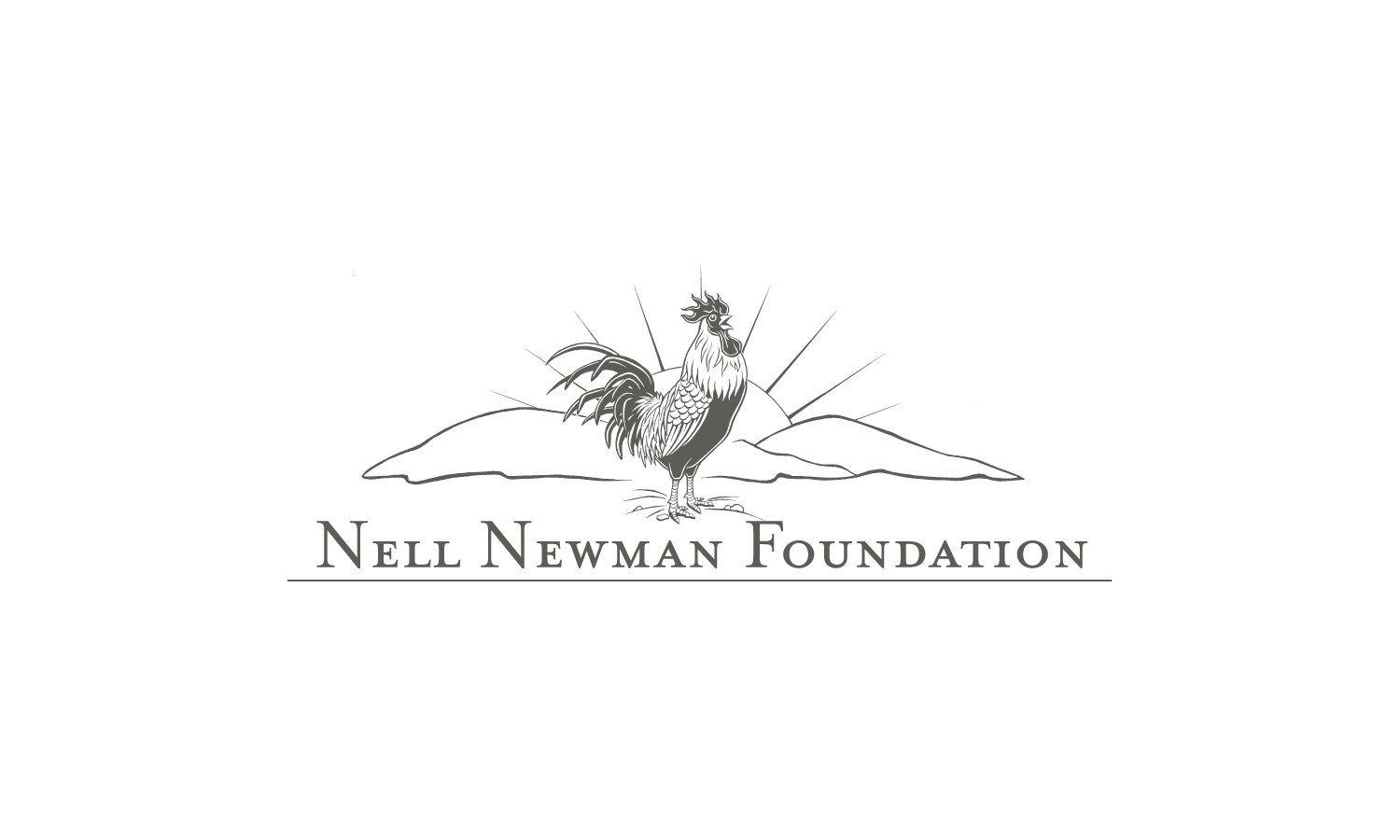North American Marine Alliance - Aquaculture Values Report
Years in the making, this report is the culmination of the Aquaculture Visioning Project (AVP), which NAMA launched in 2020 to articulate a network-generated vision and values for ‘sustainable aquaculture’ and provide aligned policy ideas and framework. For over a year, a team of researchers from UC Santa Cruz, Manomet, and Agrarian Trust and a volunteer advisory crew of community-based aquaculture practitioners collaborated to gather data, hold focus groups within our network, and coalesce around "we stand for" rather than "what we're against" when it comes to aquaculture. This report lays out a set of core values that strengthen our collective power and ability to align around various aquaculture projects and build more bridges between wild-capture fishing and aquaculture communities. While the negative aspects of aquaculture are detailed in the Food Print Report on Farmed Seafood we helped create, we're proud that as we aim to Don't Cage our Oceans and Block Corporate Salmon, we now have a stronger vision for the type of seafood supply chain we want to uplift that includes - and names - values-based aquaculture.
Aquaculture is increasingly uplifted as a solution to both the climate crises and food insecurity. As government initiatives build momentum for growth in this industry, bottom-up dialogue and action against the corporatization of our oceans is more important than ever. Current and emerging aquaculture political initiatives and operations need a set of values that prioritize stewardship, local control, and equitable distribution of development risks and benefits. Otherwise, we risk repeating the pattern (across the food system) of prioritizing large-scale corporate interests over people and the planet. Champions of aquaculture must demand answers to the same critical questions we ask of our land-based food system and natural resources when it comes to aquaculture operations: Who owns it? Who's benefiting from it? And how is the operation accountable to people, communities, and our environment?
Click here to view the full Aquaculture Values Report.
